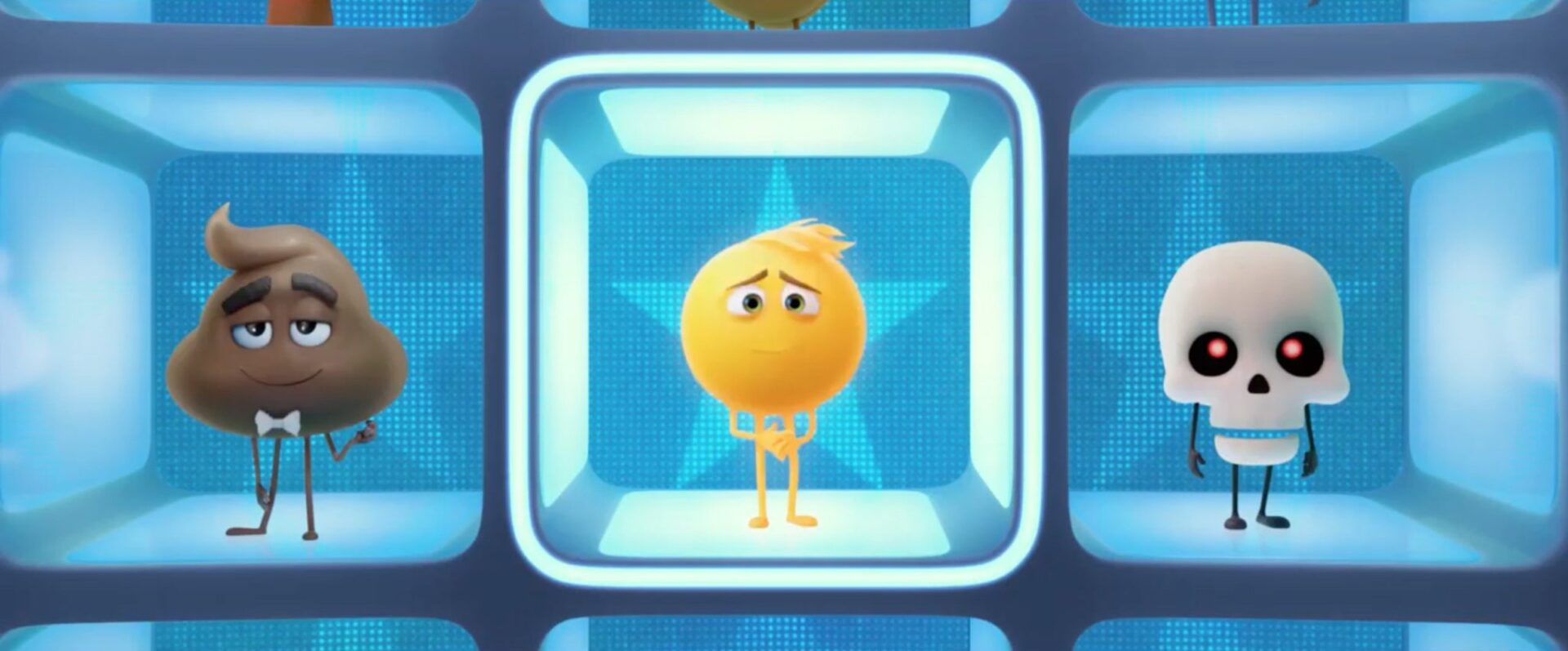The world has lost Lil Peep. The twenty-one year old rapper who rose to fame through YouTube and a series of popular mixtapes died Wednesday night through causes not yet known. His death was confirmed by his publicist to Pitchfork and later by his Manager, Chase Ortega, who wrote that he “had been waiting on this call for a year.”
In a video posted to Instagram two days before his death Peep claimed to have taken 6 Xanax pills. The dose of these pills remains unknown, but numerous outlets are reporting an overdose may be responsible for the young artist’s death.
Peep appeared on Substream several times in 2017, thanks in part to the release of his debut album (Come Over When You’re Sober). Internal discussions regarding Peep have been ongoing since the top of the year. Our team had pitched cover stories and print features with the “Avoid” rapper, but unfortunately our requests went unanswered. In light of his passing it’s clear Peep had bigger problems than publicity, but still we cannot help wishing had done more to bring attention to this young man’s art.
Called “the future of emo” by publications who only began writing about emo when nostalgia for the early 2000s alternative scene became trendy, Lil Peep was one of many artists from the digital age who challenged traditional genre classification. His music drew inspiration from feelings of anxiety and existential dread that seems to plague everyone under the age of 35. He talked of seeking escape in sex and drugs, both of which only lead to trouble, and once again – as has happened countless times before – the industry celebrated these struggles rather than seeking resolution. The same things that made Peep a household name among young fans was also his undoing, as if success came at the cost of self-preservation, and we as a community watched it happen.
There will no doubt be more details about Peep’s passing in the days ahead, but the simple fact remains that there is no good reason for a twenty-one year old person to die. Peep’s music offered hope to the disenfranchised, and it will no doubt continue to do so for the foreseeable future. His legacy is already secure, but he was capable of so much more. Peep should be here, and we will miss him for a long time to come.
If you or someone you know needs help in combatting addiction or depression, the National Suicide Prevention Lifeline provides 24/7, free and confidential support for people in distress, prevention and crisis resources for you or your loved ones. If you’re in the U.S. you can call directly at 1-800-273-8255













